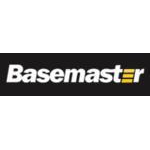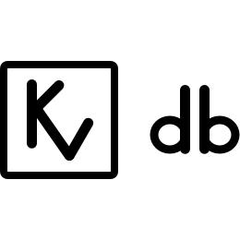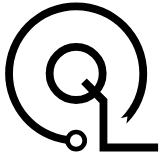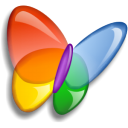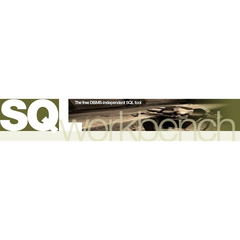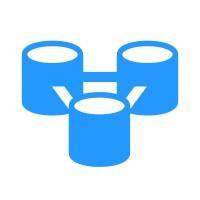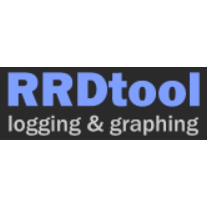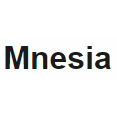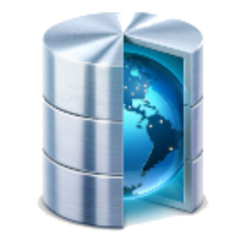
Database X-Ray
Database X-Ray is an essential SQL Server utility that presents database objects in a clear tabular format, illuminating their interrelationships. Users can easily identify dependencies, view DDL, and copy object code for further use. It seamlessly connects to both local and Azure SQL databases, enhancing database management efficiency.
Top Database X-Ray Alternatives
Basemaster
Basemaster empowers users to design and modify database tables seamlessly...
KVdb
KVdb offers a streamlined key-value database solution, ideal for serverless applications and rapid prototyping.
My Visual Database
My Visual Database can be termed as an online database system that works without much knowledge over the code system.
M3
M3 is a powerful monitoring solution designed for cloud-native environments, enabling organizations to efficiently manage vast amounts of time-series data.
WebData Pro
WebData Pro is a user-friendly web database software that simplifies installation and administration without programming knowledge.
PartiQL
PartiQL, maintained by Amazon and developed by open-source contributors, simplifies interactions with DynamoDB and other data sources.
SSuite MonoBase Database
It features an intuitive graphical user interface, ODBC connectivity, and a robust SQL query engine...
Sherloq
It eliminates the chaos of fragmented storage, allowing teams to collaboratively manage SQL code effortlessly...
SQL Workbench
Its strengths lie in robust export/import capabilities, allowing users to handle diverse file formats seamlessly...
Undb
It supports local deployment with a single file for data persistence, leveraging SQLite and object...
PocketBase
It simplifies user management with support for email/password and OAuth2 sign-ups...
YDB
It supports transactional, analytical, and streaming workloads simultaneously, managing petabytes of data and millions of...
RRDtool
It seamlessly integrates with various scripting languages, including shell, Perl, Python, Ruby, Lua, and Tcl...
PostgreSQL
With origins dating back to 1986, it supports complex data workloads while ensuring data integrity...
Mnesia
It allows for flexible schema configuration and supports various table storage types, including RAM and...
